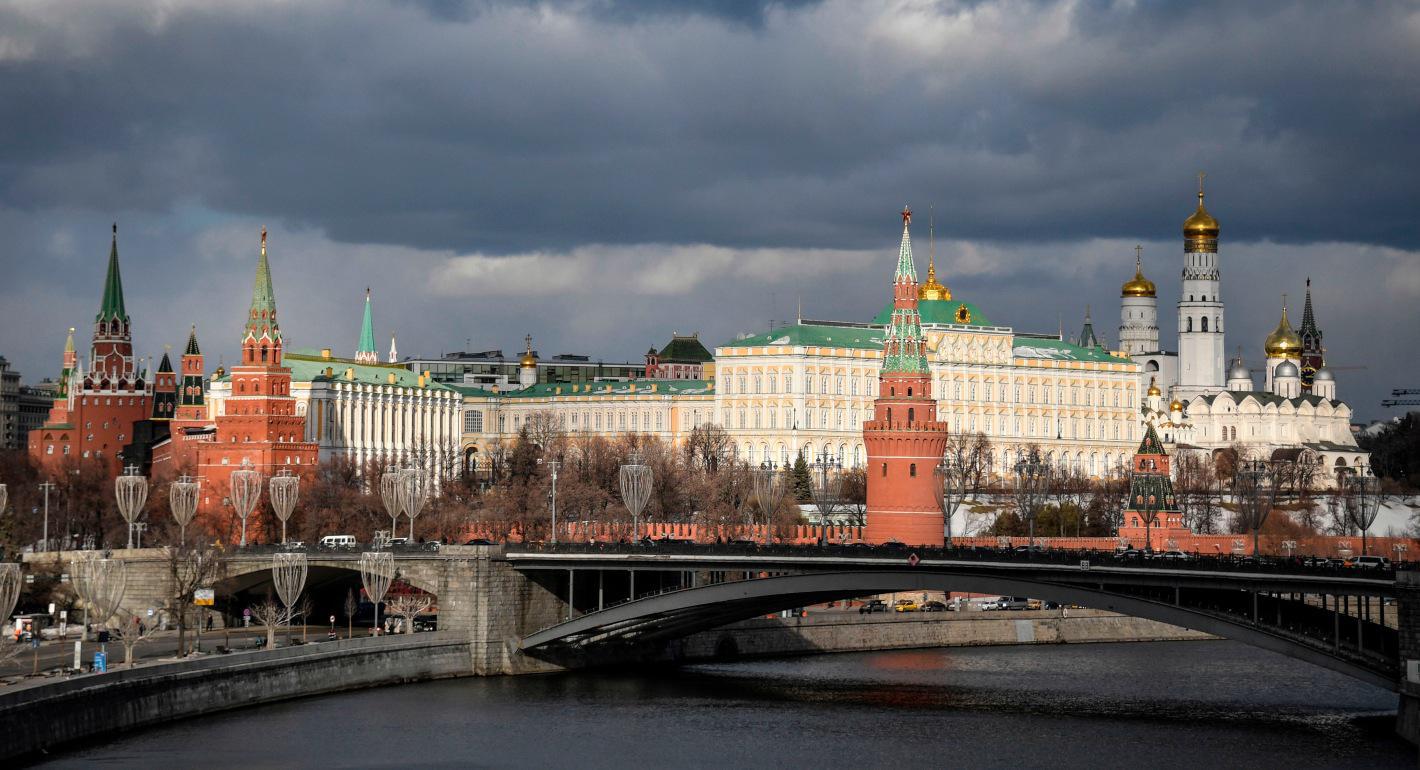Source: Inkstick
Discussions of racial injustice in the United States are shaking the public sphere. Much of the onus in these discussions is on the white West as the locus and perpetrator of racism, especially on the United States with its lingering legacy of slavery. But racism, injustice, and discrimination are not prerogatives of the West. They ride on the back of power disparities the world over.
Often overlooked by academics and activists have been the racial dynamics in the Soviet Union. Embedded in the broader hierarchy that had ordered its 200 plus nationalities, these dynamics are still playing out in the post-Soviet space. The reasons behind the omission might be multiple: the hangover from Soviet propaganda, which proudly insisted that racism — and other Western ‘vices’ like homosexuality — simply did not exist in the socialist paradise, the Soviet mobilization of the anti-colonial cause in the developing world, or the tendency of racism’s harshest critics on the left to treat the Soviet Union more charitably than other oppressive regimes.
The most nefarious feature of Soviet — and post-Soviet — racism lies in its denial. One of the few existing sources on the subject is Robert Robinson, a Black toolmaker from Detroit who got trapped in the Soviet Union for 44 years from 1930 to 1974 and survived to tell the tale. In his autobiography he wrote: “Because the Russians pride themselves on being free of prejudice, their racism is more virulent than any I encountered in the United States as a young man. I rarely met a Russian who thought Blacks — or for that matter, Orientals or any non-whites — were equal to him.” Racism might seem like the lesser of the evils perpetrated by the Soviet regime yet there is no good reason why it should remain unexposed.
We are two women born at opposite ends of the vast Soviet empire: Mariana in Soviet Ukraine, in the city of Lviv close to the Polish border; Togzhan in Soviet Kazakhstan, in the then-capital Almaty, close to the Chinese border. From these two remote vantage points, we watched the Soviet Union crumble, and our national states arise. We lived through Kazakhstan’s and Ukraine’s struggles to find their place in a world that was not expecting them, and deal with the burdens of the Soviet nuclear legacy. We both ended up writing about our countries’ nuclear history....
